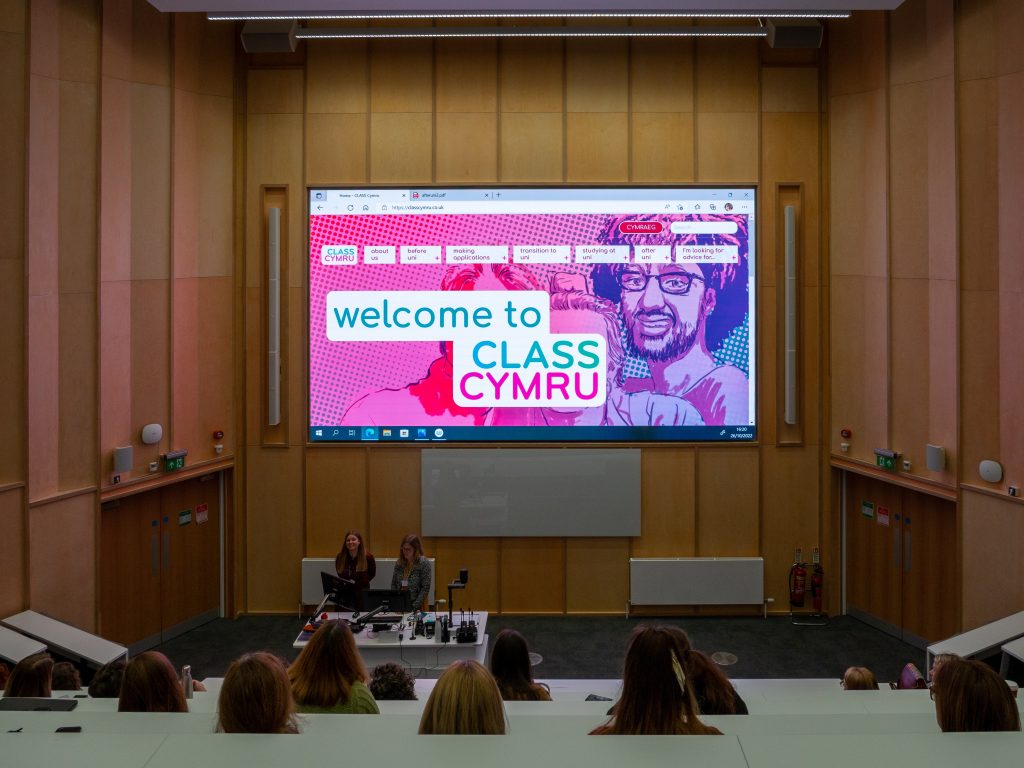As part of our CASCADE Parents group and network we have offered the opportunity for members to contribute to blogs if they would like to. These will be stories, messages, or priorities for research from their perspective. We hope this will be a regular blog feature at CASCADE and another way for us to amplify the voices of those with lived experience of children’s social care. Read More
Announcing the third annual Conversation Analysis and Social Work Online Conference
Cascade is delighted to announce we are hosting the third annual Conversation Analysis and Social Work Online Conference, on 16th March 2023. Social work is very often conducted through conversations, between groups of social workers, between social workers and other professionals and of course between social workers and people using services. Conversation analysis allows us… Read More
The Journey so far as a peer researcher – participation
I am one of the founding members of the Family Advisory Board (FAB group), in Camden in 2014 and became the coordinator for the FAB group recently, a lay member of the Camden Safeguarding Children Partnership, and a trained Parent Advocate for Child Protection Conference. I am also a Relational Activist and actively promote Family Group Conferences, Parent Advocacy, Parent Participation, and use my experience through relationship and working collectively with others to achieve social change. Read More
Launch of CLASS Cymru
On the 26th October as part of National Care Leavers Week 2022 the CLASS Cymru network and CASCADE will be launching a new website called CLASS Cymru. Read More
Returning to CASCADE
After a long 7-year ‘leave of absence’ as Children’s Commissioner for Wales, I have recently returned to Cardiff University and the CASCADE Children’s Social Care Research and Development Centre to resume academic life. Read More
Coproduction Workshops Family Voice
The Family Voice project has been busy arranging coproduction workshops both in Camden and in North Wales. My name is Delyth, and I am the Peer Researcher based in North Wales, supported by Y Bont. I have been inviting families from North Wales who have had experience of attending a Family Group Conference onto the… Read More
Lights Camera Action…Digitally Enabling Public Involvement Participants
Last month, our incredible team of Public Involvement Parents at CASCADE Parents Research Advisory Group were offered the opportunity to develop digital skills that could be used to support their involvement in the whole research cycle at CASCADE. We hope these skills might ultimately enable the group to contribute and disseminate their own research and experience. We also hope that these skills will be useful in developing their interests, careers, and confidence. Read More
A shared aim to make the world a better place
As part of Dr Nina Maxwell’s CASCADE research project, seven peer researchers from Peer Action Collective (PAC) based in Media Academy Cymru (MAC) were invited to ‘sbarc|spark’. The aim of the day was to learn more about their youth violence prevention research and explore ways to that we can work together. Read More
What’s Working in Children’s Social Care in Wales?
Too often the media and research focus on what is not working in children’s social care. We want to do something different – we want to find out and publicise what IS working. We hope you can help us. We want to hear from people in the sector about things that YOU think are working… Read More
Launching Complex Safeguarding Wales: a website for parents worried about child criminal exploitation
Complex Safeguarding Wales is a co-produced resource based on findings from the research project: County lines: a co-ordinated Welsh community response to child criminal exploitation and in collaboration with young people, parents and practitioners who have direct experience. Read More










